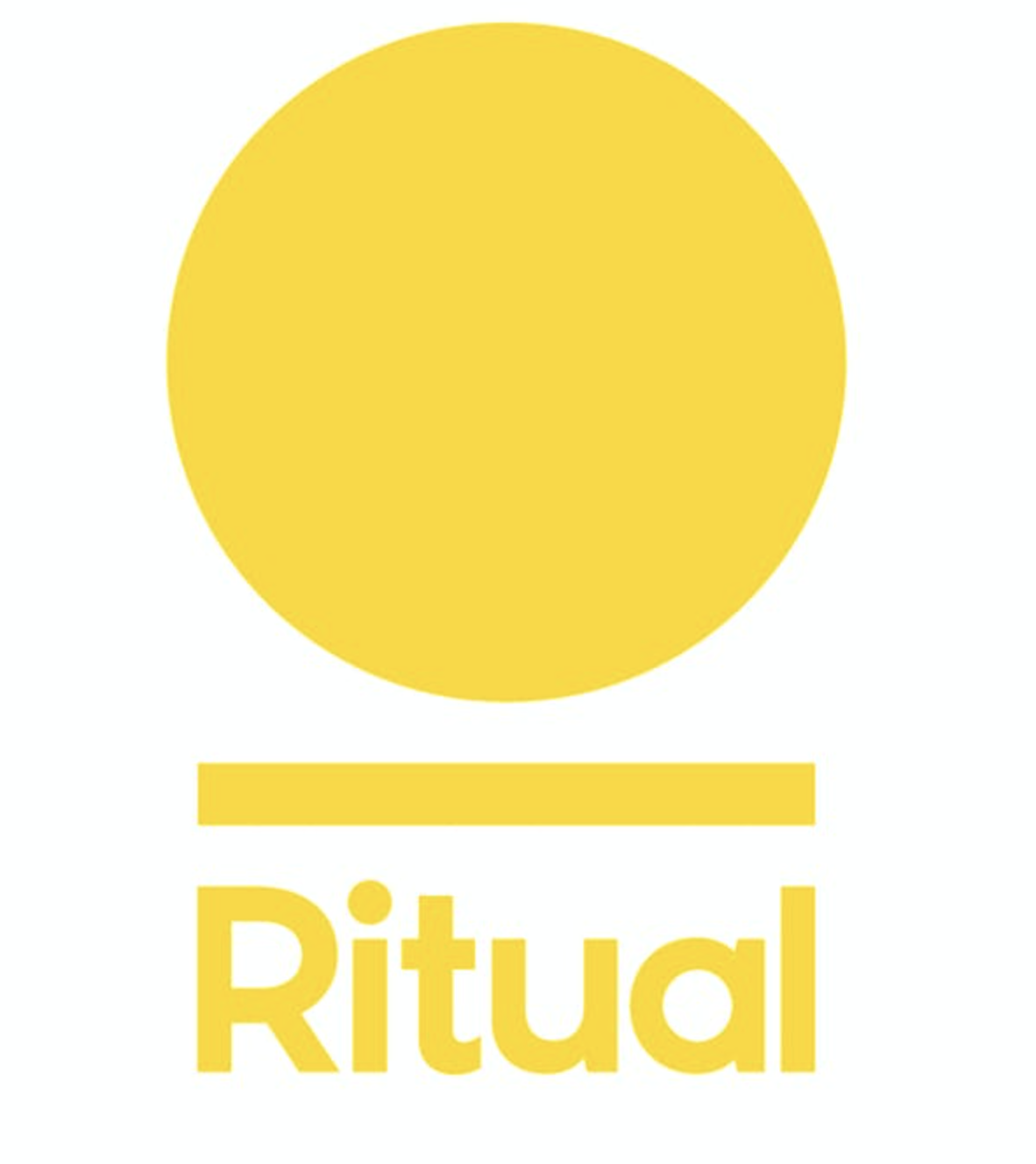

Ritual

1.6
California, United States
May 2022
Personal care products
Wholesale/Retail
Canada,
China,
United Kingdom,
United States
Ritual continues to bring a new level of transparency to the Health & Wellness industry. As Certified B Corporation, they develop vitamins and supplements that are backed by science and Made TraceableTM. Ritual publicly shares their suppliers (and where ingredients are manufactured) on the website, along with publishing and leveraging best-in-class scientific research. They’ve taken a bold stand to address climate change, and advocate for more oversight of regulation in the industry. This commitment to traceability has paid off in industry leading trust. Ritual now has one of the leading prenatal vitamins in the U.S. Other interesting facts: Their vegan protein is the first protein to be Informed Protein Certified and is used by elite athletes. Their flagship multi (for women 18+) has USP verification held by less than 1% of multivitamins, a peer reviewed and published human clinical study, and a patent on the technology.
Overall B Impact Score
Governance 18.8
Governance evaluates a company's overall mission, engagement around its social/environmental impact, ethics, and transparency. This section also evaluates the ability of a company to protect their mission and formally consider stakeholders in decision making through their corporate structure (e.g. benefit corporation) or corporate governing documents.
What is this? A company with an Impact Business Model is intentionally designed to create a specific positive outcome for one of its stakeholders - such as workers, community, environment, or customers.
Workers 29.6
Workers evaluates a company’s contributions to its employees’ financial security, health & safety, wellness, career development, and engagement & satisfaction. In addition, this section recognizes business models designed to benefit workers, such as companies that are at least 40% owned by non-executive employees and those that have workforce development programs to support individuals with barriers to employment.
Community 21.7
Community evaluates a company’s engagement with and impact on the communities in which it operates, hires from, and sources from. Topics include diversity, equity & inclusion, economic impact, civic engagement, charitable giving, and supply chain management. In addition, this section recognizes business models that are designed to address specific community-oriented problems, such as poverty alleviation through fair trade sourcing or distribution via microenterprises, producer cooperative models, locally focused economic development, and formal charitable giving commitments.
Environment 29.0
Environment evaluates a company’s overall environmental management practices as well as its impact on the air, climate, water, land, and biodiversity. This includes the direct impact of a company’s operations and, when applicable its supply chain and distribution channels. This section also recognizes companies with environmentally innovative production processes and those that sell products or services that have a positive environmental impact. Some examples might include products and services that create renewable energy, reduce consumption or waste, conserve land or wildlife, provide less toxic alternatives to the market, or educate people about environmental problems.
What is this? A company with an Impact Business Model is intentionally designed to create a specific positive outcome for one of its stakeholders - such as workers, community, environment, or customers.
Customers 4.8
Customers evaluates a company’s stewardship of its customers through the quality of its products and services, ethical marketing, data privacy and security, and feedback channels. In addition, this section recognizes products or services that are designed to address a particular social problem for or through its customers, such as health or educational products, arts & media products, serving underserved customers/clients, and services that improve the social impact of other businesses or organizations.